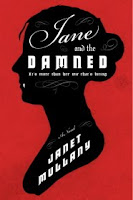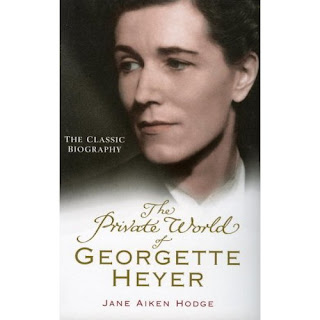It’s the eve of the Battle of Waterloo and we Riskies have been discussing offlist whether we should the battle again or not. The topic is both finite and infinite; there is so much material but for me it comes down to one fact that I wrote about here a couple of years ago here
Today I’m talking about the ordinary soldiers, the kids who signed up for the king’s shilling out of patriotism, were fooled by unscrupulous recruiters, or because they had so few options … One in four soldiers died that June day in 1815. Read more
Forget the ball and the Duke of Wellington and Napoleon and the dashing uniforms. One in four.
And that got me thinking about how we distill and sort historical information as writers and readers. What does the Regency represent to us?

 For instance it’s a period of fashion and elegance, fabulous clothes, gorgeous architecture and interior design. Yet the simplicity and gorgeous drape we associate with gowns of the period really belongs to an earlier era, well before the Regency proper (1811-1820), as does most of the classic Georgian architecture. Consider the evolution of fashion from this 1795 gown (right) to the fussiness of the 1822 one (left).
For instance it’s a period of fashion and elegance, fabulous clothes, gorgeous architecture and interior design. Yet the simplicity and gorgeous drape we associate with gowns of the period really belongs to an earlier era, well before the Regency proper (1811-1820), as does most of the classic Georgian architecture. Consider the evolution of fashion from this 1795 gown (right) to the fussiness of the 1822 one (left).
We also associate the period with a certain amount of freedom and glamor and the Romantics–except by the 18-teens it wasn’t a great time to be a poet, particularly a poet of radical leanings. Shelley and Byron fled the country, but more because of their scandalous personal lives than their writing (except their lives and writing and political beliefs were bound together).
Their friend Leigh Hunt, journalist and co-founder of the Examiner, a periodical that mixed radical politics and the arts, was imprisoned for two years in 1813 for saying rude, if true, things about Prinny.
In addition, Lord Liverpool’s government passed some extraordinarily repressive legislation cutting down on civil liberties as a result of the uproar that followed the 1819 Peterloo Massacre, when local militia cut down a peaceful demonstration in Manchester. As a sidenote, the city is seeking a more permanent tribute on the site, as reported by the Guardian:
One of the lasting memorials of Peterloo crosses the former site of St Peter’s Fields daily, tucked under the arms of passers-by or downloaded to their computers and iPods.
It is the Guardian itself, which was founded by a group of moderate Manchester reformers as a direct result of the massacre, when it became clear that demonstrations and direct action were not going to change the government’s mind on widening the vote.
The government’s reaction was to pass legislation in addition to the suspension of Habeas Corpus, the Six Acts of 1819:
- Training Prevention Act or Unlawful Drilling limited any sort of military training to local jurisdictions, punishable by transportation.
- Seizure of Arms Act gave local magistrates the authority to search any private property for weapons and to arrest the owners.
- Misdemeanors Act reduced opportunities for bail and allowed for speedier court processing.
- Seditious Meetings Prevention Act made meetings of fifty or more people illegal unless authorized by a sheriff or magistrate.
- Blasphemous and Seditious Libels Act. If Hunt had libeled Prinny in 1819 he could have been sentenced to fourteen years transportation.
- Newspaper and Stamp Duties Act imposed taxes on publications that published opinion in addition to those that published news, and publishers were required to post a bond for their behavior.
Yikes. Not exactly the land of the free.
How do you reconcile the historical truth with the fantasy when you’re reading or writing?
I’m blogging today at Supernatural Underground and giving away ARCs of Jane and the Damned as prizes, and there’s a Damned Good Contest on my site, plus various excerpts etc. Check it out!








